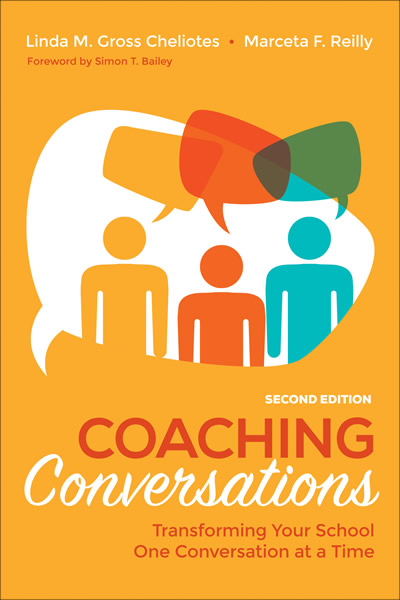It’s February. This is the time of year when the “doldrums” can set in. It is a time when the have-to’s begin to take center stage in our work. You know what I am talking about—those things we have to do—organizing testing of students, preparing for teacher negotiations, completing teacher evaluations. These are often not our favorite things to do, but we are obligated to do them as a part of our jobs. So we find ourselves making excuses or using delay tactics in getting started, and generally lacking in energy or effort for the work.
In one of our seminars we teach the Ladder of Language and explain the difference between have to’s and want to’s.
- A have-to is a burden. Most of the impetus for the task is driven from outside of us. We don’t have much desire or energy to do the task, but we make ourselves do it because we are a “team member” or want to “be a good soldier.”
- A want-to is a priority. It is a personal choice and so we have energy and interest in getting to the task and doing it well. Completing the task gives us personal satisfaction.
Neuroscience is teaching us that the way we speak and the words we choose to use are a window into our mind. So we can control our attitude and how we show up for a task by merely being more intentional about the language we use.
You can almost hear the sagging shoulders and heavy sighs with, “I have to do 10 more teacher evaluations.” Do you really want to show up like a chore master? The task will be completed – all the i’s will be dotted and the t’s will be crossed—but the thinking (and subsequent actions) of the participants will not be impacted.
Instead, think about what you want to communicate and how you want to show up. The same tedious task magically morphs when you hear, “I want to have evaluations conversations with 10 more teachers.” In this example, you are showing up ready to have interesting conversations with teachers about what is going on in classrooms. Not only will the task be completed, but new thinking and ideas have a possibility of emerging for both participants.
So in these last dark days of winter, watch your language to make sure that the have-to gremlins don’t take over! Choose want-to language so that you show up purposeful and energetic no matter what the task.
Marceta has co-authored two book on the topic of coaching conversations.









Comments on this entry are closed.